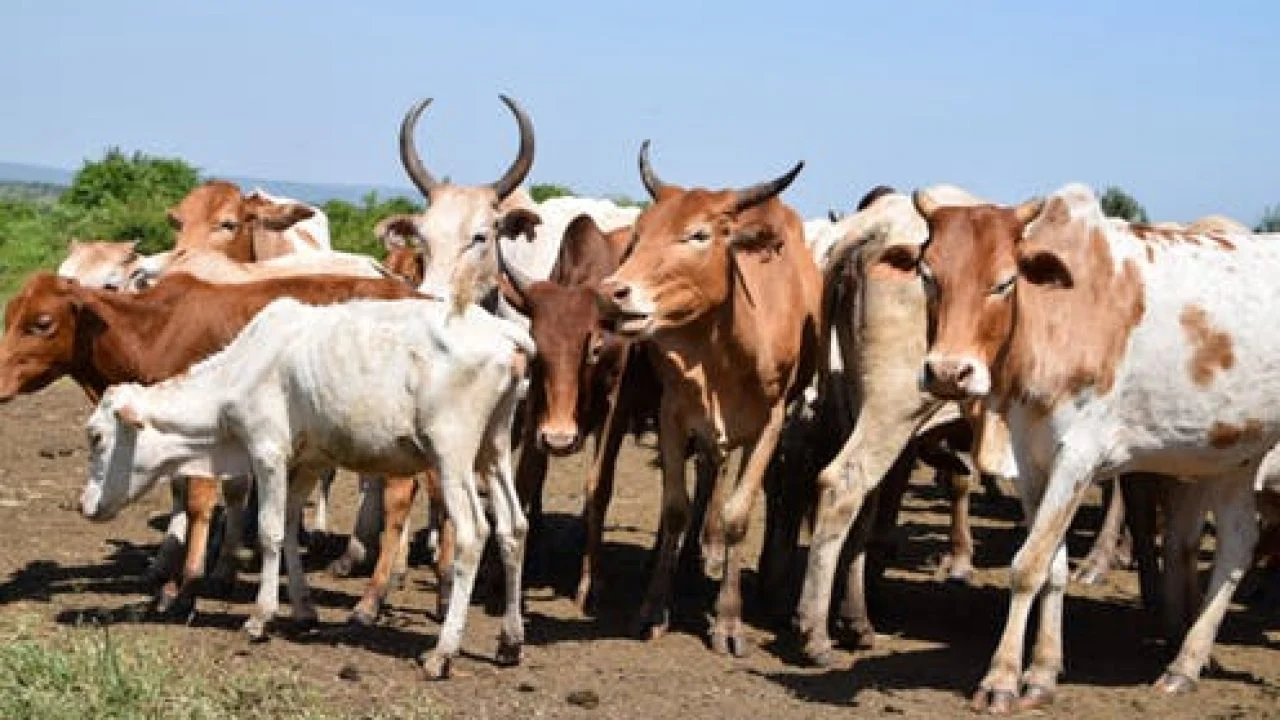
New 10-year National Livestock Growth Strategy aims to drive private sector investment, food security, and job creation….
The Federal Government says its newly launched National Livestock Growth Acceleration Strategy (NL-GAS) 2025–2035 is projected to raise the livestock sector’s contribution to Nigeria’s Gross Domestic Product (GDP) from $32 billion to $74 billion by the year 2035.
The Minister of Livestock Development, Idi Maiha, disclosed this on Wednesday in Abuja at the Donor and Partnership Workshop on Livestock Development in Nigeria, where key stakeholders gathered to mobilise support for the decade-long roadmap.
Maiha described the strategy as a comprehensive, market-driven, private sector-led, and government-enabled plan designed to unlock the full potential of Nigeria’s livestock industry.
“It is achievable and exciting. We are not scared, we can do it for this country,” the minister said.
“The presence of donors and other partners here reflects your enduring commitment to Nigeria’s development and your belief in the transformative power of collaboration.”
Transforming Livestock into a Growth Engine
The workshop, themed “Strengthening Strategic Partnership for Livestock Transformation,” brought together development partners, donors, and government officials to coordinate efforts around the new strategy.
Maiha recalled that President Bola Tinubu established the Federal Ministry of Livestock Development in 2024 to reposition the sector as a key driver of inclusive growth, food and nutrition security, and climate resilience.
According to the minister, the NL-GAS aligns with Nigeria’s ambition to build a $1 trillion economy by 2030, with livestock projected to contribute at least $74 billion by 2035.
“To achieve this, we developed the NL-GAS 2025–2035, which has been approved by the National Economic Council to reinforce our commitment to private sector-led transformation,” Maiha said.
Ten Strategic Pillars for Growth
Maiha explained that the strategy is anchored on 10 key pillars aimed at tackling long-standing challenges across the value chain.
These include:
- Livestock value chain development and market access
- Animal health and zoonoses control
- Feed and fodder development
- Water resources management
- Livestock extension services
- Peacebuilding and social cohesion
- Finance and insurance access
- Statistics and information systems
- Infrastructure and waste management
- Youth and women empowerment
He noted that youth and women empowerment form the backbone of the plan, as the government seeks to double the national herd, improve productivity, and position Nigeria as a global supplier of quality animal protein.
Global Partners Back Nigeria’s Push
Temitayo Omole, Programme Manager at the Delegation of the European Union to Nigeria and ECOWAS, reaffirmed the EU’s commitment to supporting livestock development in Nigeria, particularly in feed production, breeding, and animal health.
“We are intervening in agriculture and livelihoods, focusing on animal health, which is critical to livestock development.
We’re addressing major diseases such as Newcastle disease in poultry and PPR in ruminants through vaccine production,” Omole said.
Also speaking, Hussein Gadain, FAO Country Representative in Nigeria and ECOWAS, highlighted the organisation’s support for government policies and field programmes aimed at eradicating livestock diseases.
Gadain said the FAO has worked closely with rural communities, providing assistance in breeding programmes, feed production, and farmer field schools to promote best practices in livestock management.
“The livestock sector is a vital component of Nigeria’s economy, employing millions and contributing significantly to nutrition and food security,” he said.
“It provides essential protein sources, not only meat, but also milk which helps combat malnutrition.”
He added that since the COVID-19 pandemic, the FAO and its partners have continued to promote the One Health approach to prevent and control animal-borne diseases across the region.
Outlook
With the new 10-year growth strategy, the Tinubu administration aims to make livestock a major pillar of Nigeria’s non-oil economy, create millions of jobs, and enhance food security through sustainable and technology-driven practices.



